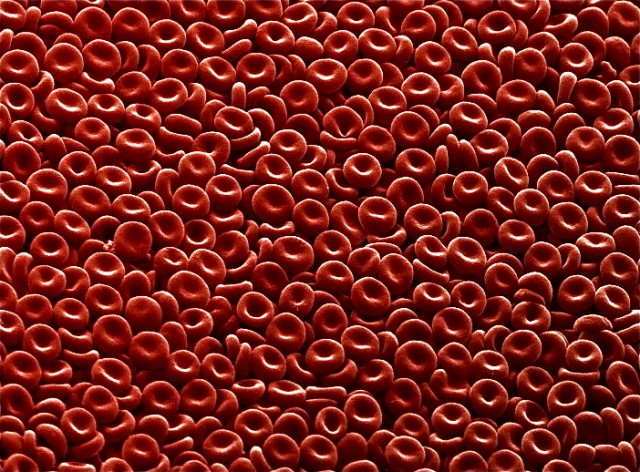 CALCIUM BALANCE: DIETARY INTAKE
CALCIUM BALANCE: DIETARY INTAKE
There is strong evidence showing that consumption of various foods and drugs and excessive consumption of others change the PH of the blood. Some make the blood more acidic and others more basic. When the blood is made more acidic, the body responds by releasing calcium, which is basic on the PH scale, from its stores in the bones in order to buffer the acid-load.
Some acid can be buffered by ingesting more calcium, especially before or with the acidifying food or drug. The problem with this practice is that the additional calcium has to eventually be processed out of the blood by the kidneys. And excessive calcium moving through the kidneys can lead to kidney stones, which tend to cause tremendous pain and require surgery to remove. So the best advice may be to avoid supplements (unless prescribed by one's doctor) and instead rely on whole foods to provide what your body needs. Remember that the category of whole foods that are shown to be the healthiest to ingest are green vegetables, legumes, fruits, other vegetables, and so on, with these first 4 being considered the best for your body in both an immediate and long-term sense. Note also that the more of these foods you eat, the less room there is for less-healthy, more-acidifying foods.
So what are the foods and drugs that acidify the blood? Excessive intake of sodium, caffeine, supplemental Vitamin A, isolated protein powders, excessive animal protein, alcohol, sugar, and heavily-processed foods. (In addition, nicotine such as from cigarettes can inhibit calcium re-absorption in the body.) For all of these, the less one intakes, the less likely one is to require calcium supplementation and/or lose calcium from the bones. Insofar as your bones and kidneys are concerned, when faced with a choice between one of the above "acidifying" items and an "alkalizing" food from the previous list, pick the alkalizing one.
SUPPLEMENTATION: Part 1 of 7 SUPPLEMENTATION: Part 2 of 7 SUPPLEMENTATION: Part 4 of 7 SUPPLEMENTATION: Part 5 of 7 SUPPLEMENTATION: Part 6 of 7
For more on the Author, Sebastian Grubb, visit his ‘Movers’ page!
 world. This means, per calorie, they pack the highest concentration of vitamins, minerals, phytochemicals, and other health-promoting nutrients when compared to all other foods. This is true of vegetables and fruits that are raw or minimally cooked, and as close to their natural form as possible. (A french fry comes from a potato, but it is not a health-promoting food.) Consuming a higher quantity of nutrients from food (versus from supplementation) is considered one of the most important things you can do to protect and ensure your health. I won't get into detail here, but the science shows many exceptionally high correlations between higher consumption of these foods and increased lifespan.
world. This means, per calorie, they pack the highest concentration of vitamins, minerals, phytochemicals, and other health-promoting nutrients when compared to all other foods. This is true of vegetables and fruits that are raw or minimally cooked, and as close to their natural form as possible. (A french fry comes from a potato, but it is not a health-promoting food.) Consuming a higher quantity of nutrients from food (versus from supplementation) is considered one of the most important things you can do to protect and ensure your health. I won't get into detail here, but the science shows many exceptionally high correlations between higher consumption of these foods and increased lifespan.
 benefits not listed here. But it is also important to mention that, among those populations already consuming high levels of these foods, those who consume more dark leafy greens (e.g. salad) and more legumes/pulses (i.e. beans, peas, and lentils) have even better health and live even longer. (
benefits not listed here. But it is also important to mention that, among those populations already consuming high levels of these foods, those who consume more dark leafy greens (e.g. salad) and more legumes/pulses (i.e. beans, peas, and lentils) have even better health and live even longer. (